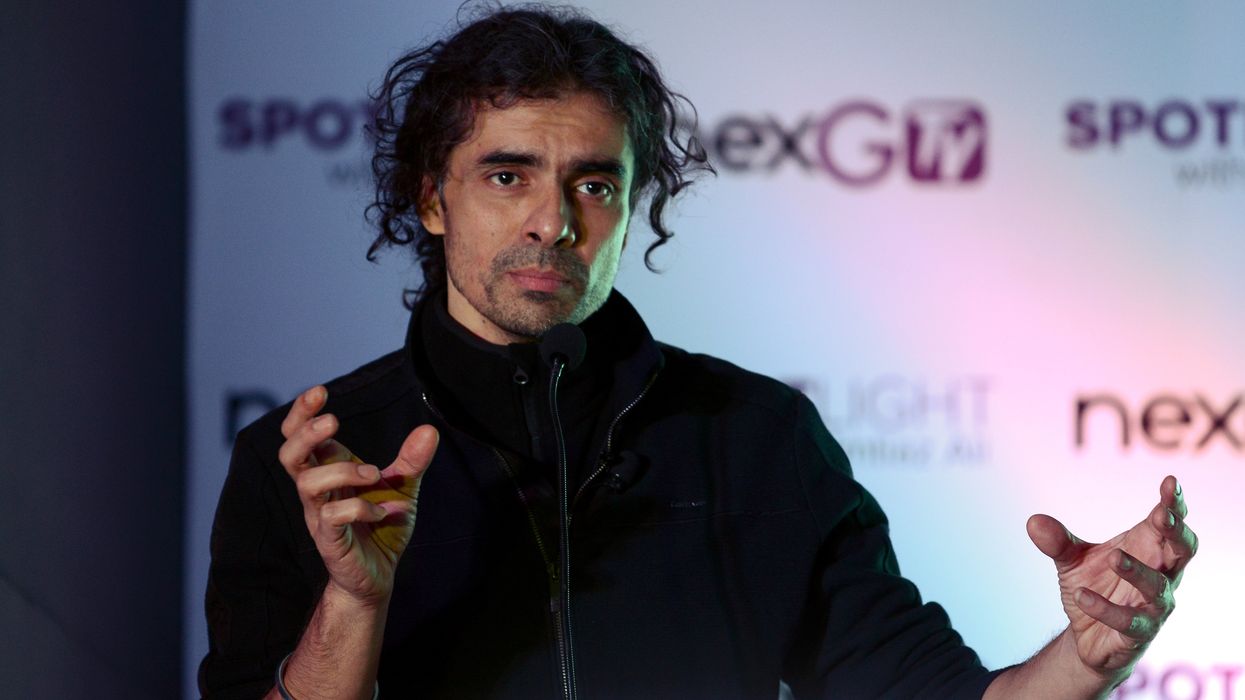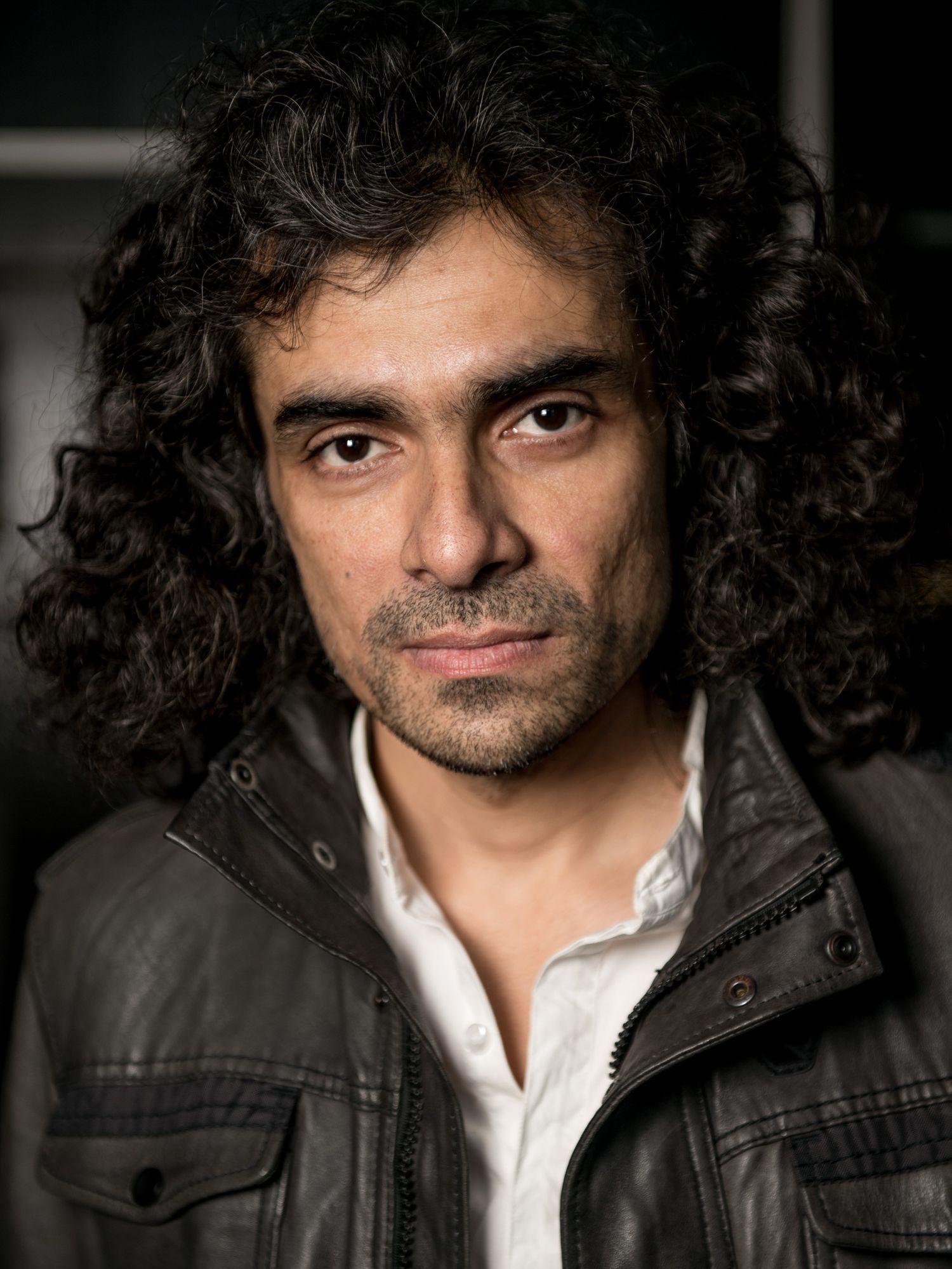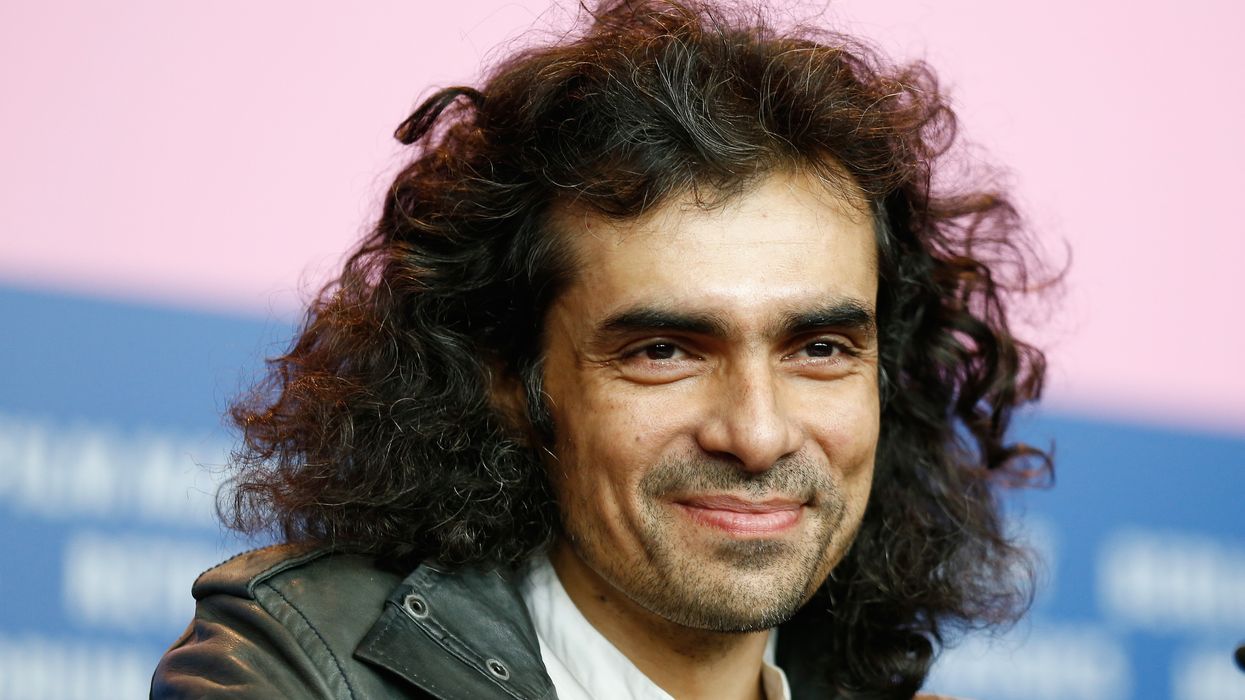There’s a peculiar magic in the way Imtiaz Ali speaks: soft, measured, and thoughtful, like someone tuned in to the quieter corners of the human experience. Few storytellers chart that emotional topography of longing quite like him. In his world, love is rarely convenient, and home is more a feeling than a place. So, it feels almost inevitable that his latest creative chapter plays out in My Melbourne, an anthology that threads together themes of race, migration, identity, and emotional displacement through a diasporic lens.
The irony of home in Jules
Ali’s segment, Jules, explores an unlikely friendship between two women: one a newlywed food blogger recently arrived in Melbourne, the other a woman living on the streets. “Belonging is such a tricky thing,” he says. “You’ve got to belong to somebody before they belong to you.”
On paper, the differences are stark—one woman has a house, a job, and a mapped-out life; the other, only the pavement. But as Ali puts it, “The one who is supposed to be homeless feels more at home. Melbourne is hers. And the one who’s moved there with all the external trappings of security feels like she doesn’t belong.”

In classic Imtiaz fashion, the paradox is where the soul of the story lives. “That’s the ironic and beautiful question the film explores,” he says. “You can have everything society says you need and still feel like you don’t belong.”
Broadening his horizons
Known for crafting intimate stories of the soul in Rockstar, Tamasha, and Highway, My Melbourne nudged Ali into unfamiliar terrains of race, class, and displacement. He welcomed the shift. “I hadn’t engaged with these themes so directly before,” he says. “But the experience really broadened my horizons.”
In Melbourne, Ali was struck by the ways identity takes shape in public. “I saw the Gay Pride parade. I saw people of extremely diverse genders just... being. It wasn’t just about gender. It was about defying categorisation,” he says. “For me to understand and accept people of so many different types, it was eye-opening.”
The anthology as a mirror
This was Ali’s first time working within an anthology. Though he didn’t direct Jules, he creatively helmed the project. Observing the other filmmakers up close offered a rare window into their creative instincts. “Usually, directors don’t get to work with other directors,” he smiles. “You might be friends, but you never get to see what they catch first, what they leave for later. It was fascinating.”
He likens it to watching a story grow in real time, seeing the same core interpreted through different emotional logics. “It was very enchanting,” he says, “like peeking into another director’s kitchen.”
The beauty of barriers
Ali’s films are dominated by symbolic distances like windows, train compartments, and balconies. When I mention his love for the iconic balcony scene from Romeo and Juliet, he chuckles. “Many things you do as a filmmaker are subconscious,” he admits. “But yes, Romeo and Juliet’s balcony scene, it’s very famous. But as I look along, I feel like my stories also have those moments and spaces.”
Whether it’s the train window in Rockstar or a bus scene in Tamasha, Ali seems instinctively drawn to the emotional tension in physical space. “Separation makes longing palpable,” he says. “There’s just something about it.”
Afterlife of stories
In today’s hyper-connected world, his films often find second lives online through memes, reels, fan theories and dissections. But Ali doesn’t linger in that space. “I don’t deliberately let go of a film,” he says, “but when you start doing something else, you’re naturally no longer as involved in the previous one.”
He finds the digital discourse fascinating but detached. “There are people who are on fan pages of film personalities and haven’t even seen their films. They just want to associate. That’s the thrill. But I’m more interested in people who actually watch the films, who feel them.”
Fahadh Faasil rumour: What’s the real story?
Towards the end of our conversation, I ask about the much-whispered collaboration with Fahadh Faasil. He smiles, offering little. “Right conversations happened,” he says. “But it was always slated for later. I’m doing another film now so that’s the one I’m really concentrating on.”

A wanderer’s compass
In the end, Imtiaz Ali remains who he’s always been: a seeker. Whether through the eyes of a newly-arrived bride in Melbourne or a drifting soul in Himachal, his stories echo with the ache of those searching for something undefined but deeply felt.
As our chat winds down, he leans back, thoughtful. “The irony is,” he says, almost to himself, “the more you travel, the more you realise you don’t belong anywhere.”
Maybe that’s the point. Maybe belonging was never the destination, just the road itself.





